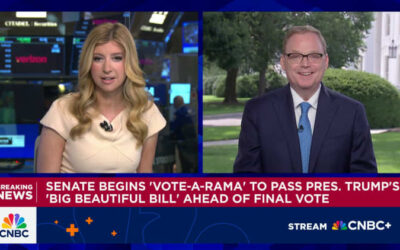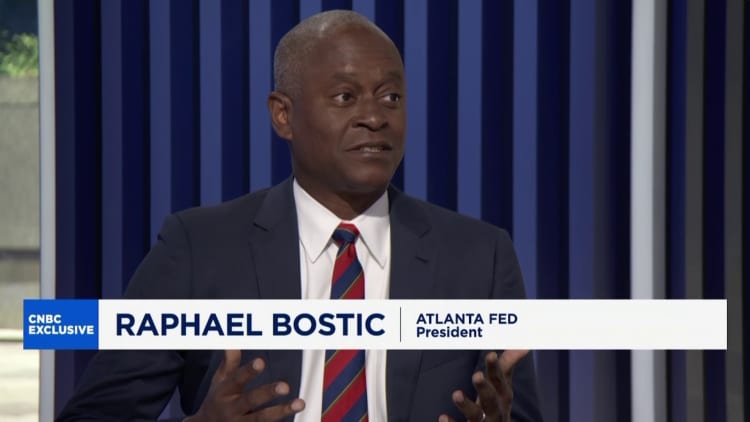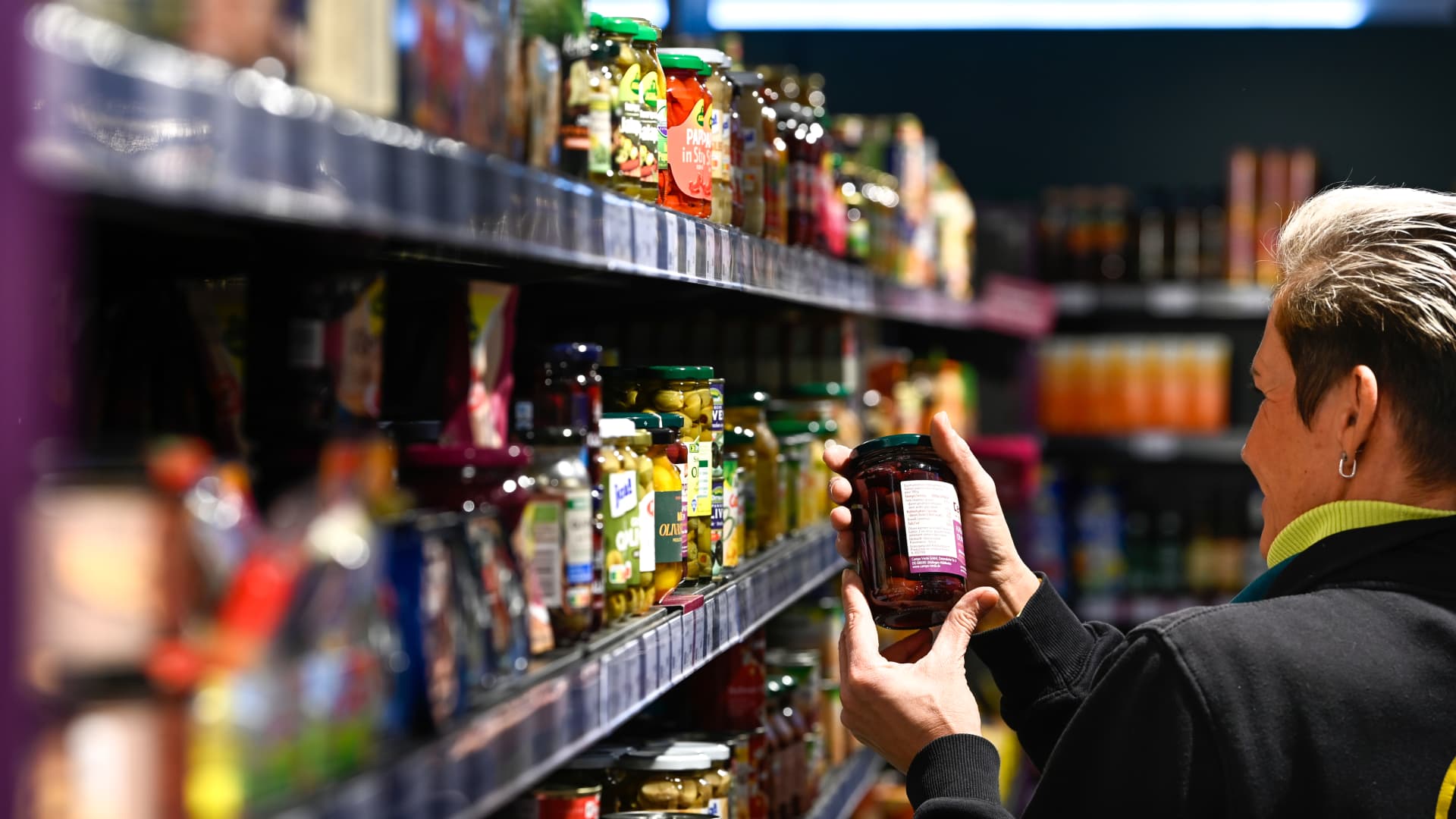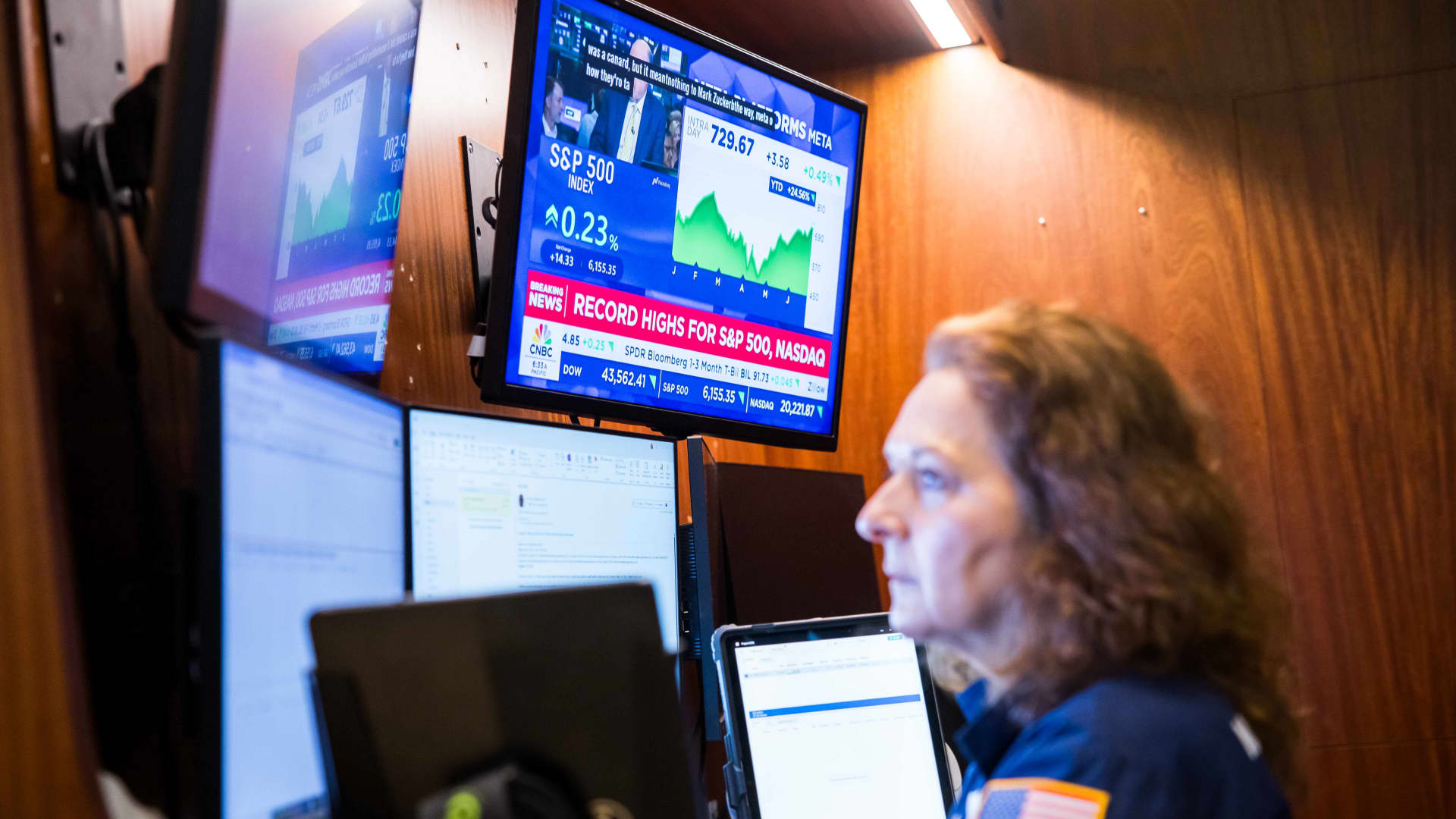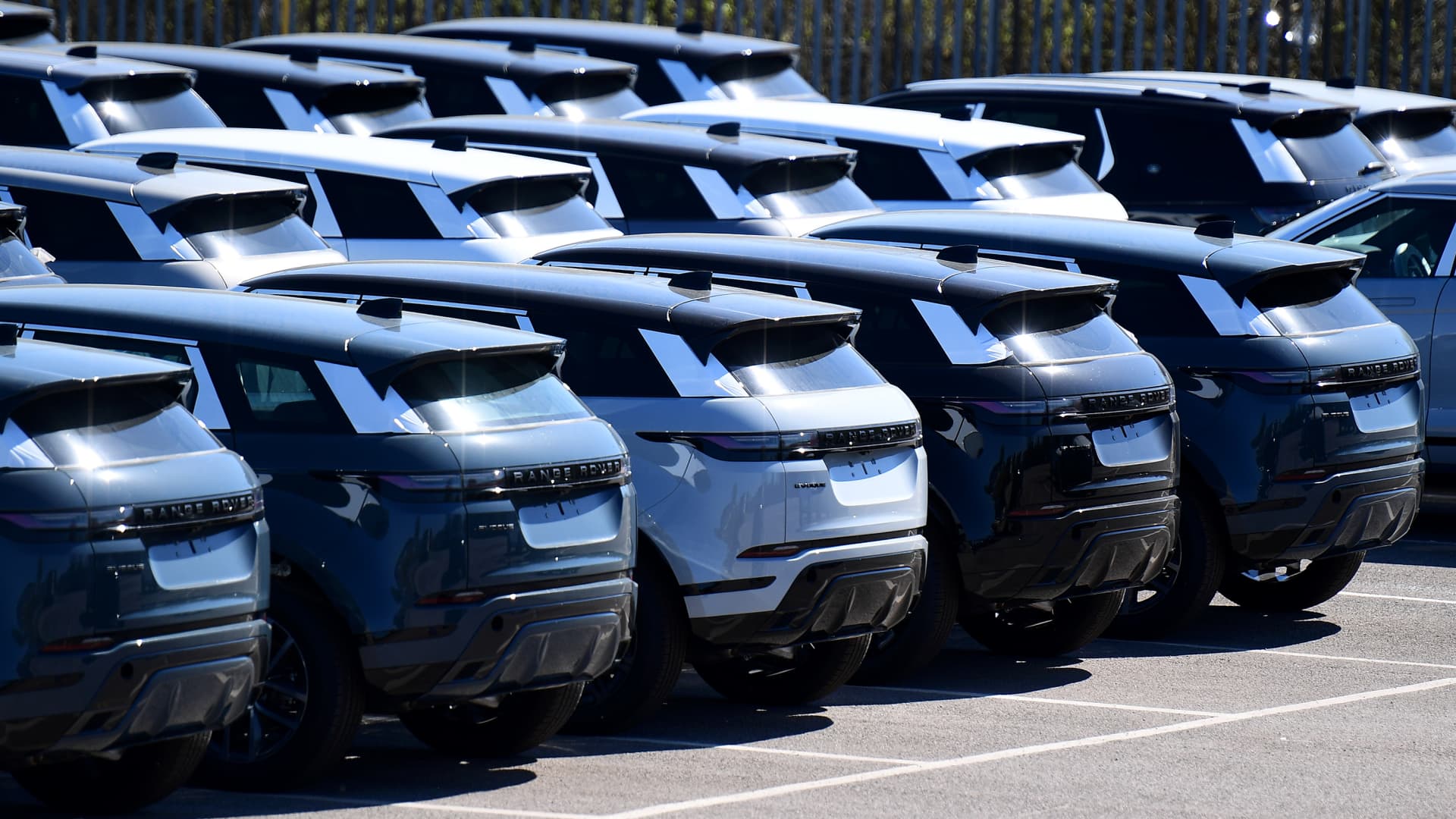UK-US trade deal: Here’s what changes today
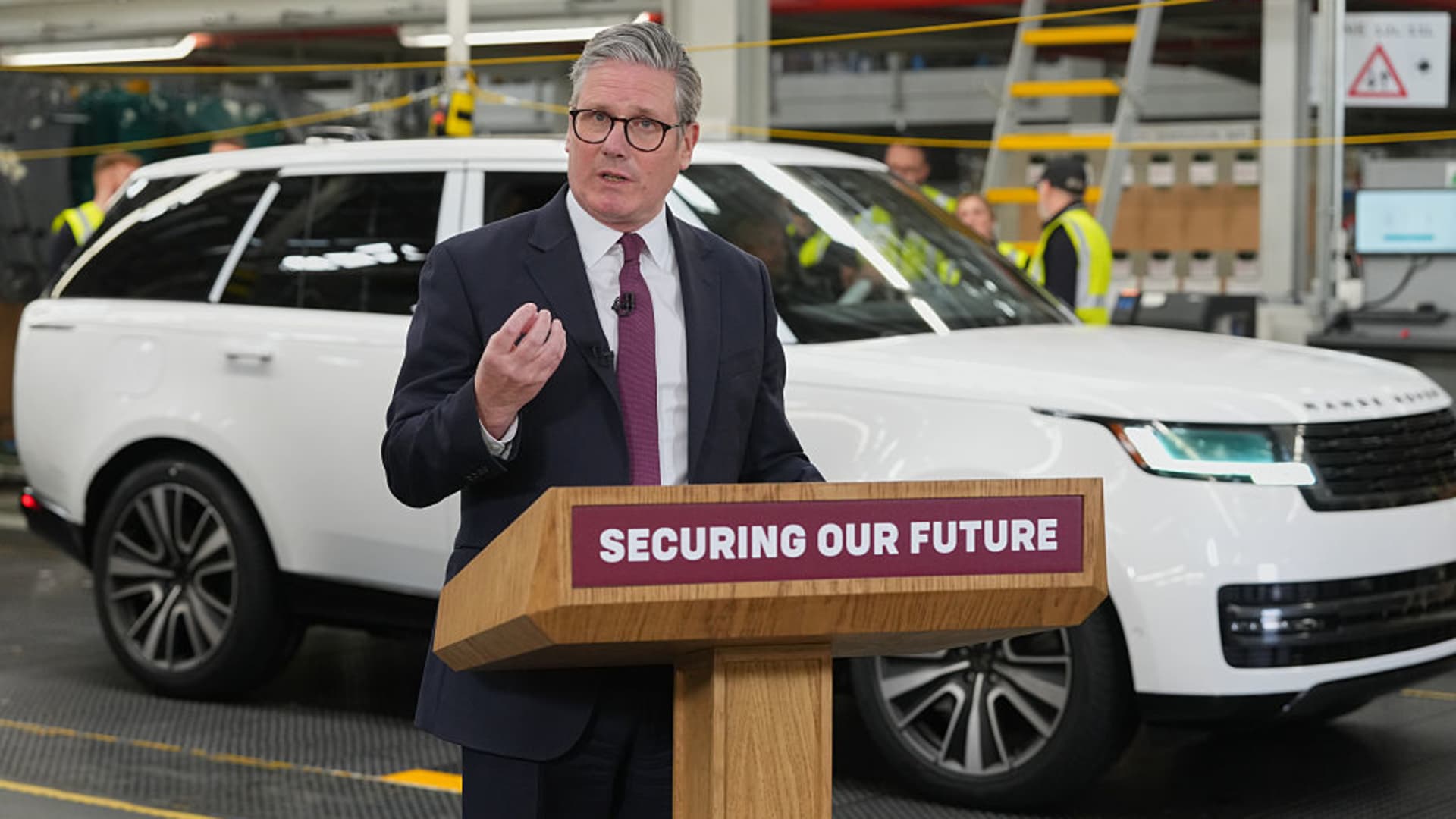
Prime Minister Keir Starmer speaks during a visit to a Jaguar Land Rover car factory on April 7, 2025 in Birmingham, United Kingdom.
Wpa Pool | Getty Images News | Getty Images
LONDON – The U.K.-U.S. trade deal comes into play on Monday, giving a preferential tariff rate to British cars imported to America, while questions linger over final levies on the U.K.’s metal exports.
Back in May, the U.K. became the first country to negotiate a trade deal with the U.S. since White House leader Donald Trump unveiled his so-called reciprocal tariffs a month prior. The terms of the agreement are effective as of June 30.
Under the deal, a blanket 10% tariff now applies to U.K. goods imported into the United States.
It will also see the first 100,000 vehicles sold from the U.K. to the U.S. every year subjected to a 10% tariff. Any further vehicles sent to the U.S. will receive a 25% import duty.
The U.S. has a trade surplus on goods with Britain, meaning it exports more to the U.K. than it imports. Cars are the U.K.’s largest export to the United States, with the U.S. emerging as the top buyer of British cars globally. Last year, 27.4% of all U.K. car exports were shipped to America.
The 10-25% tariff range is sharply lower from the 50% levy slapped on vehicles imported to the U.S. from other trade partners.
Britain’s deal with the U.S. will also remove duties from Britain’s aerospace sector.
But London is still working on bringing down tariffs on key industrial metals.
While Britain is the only nation that currently has a preferential 25% tariff rate on its steel and aluminum exports to the U.S., compared to a larger 50% for other American trade partners, the two nations have spoken of reducing tariffs on British steel to 0%. The U.S. is the fourth-biggest export market for British iron and steel.
The U.K. government said on Monday that “we will continue go further and make progress towards 0% tariffs on core steel products as agreed.”
Also on Monday, U.K. Prime Minister Keir Starmer touted the “historic” trade deal as one that “safeguarding key industries that are vital to our economy” and protect jobs.
Mike Hawes, CEO of the U.K.’s autos trade body SMMT said on Monday that the deal was “a huge relief for the U.K. automotive companies that export to this critically important market.”
“It immediately slashes the punitive tariffs that brought the US export market to a standstill and threatened the viability of some of the most famous names in British manufacturing,” he said in a statement.
<

